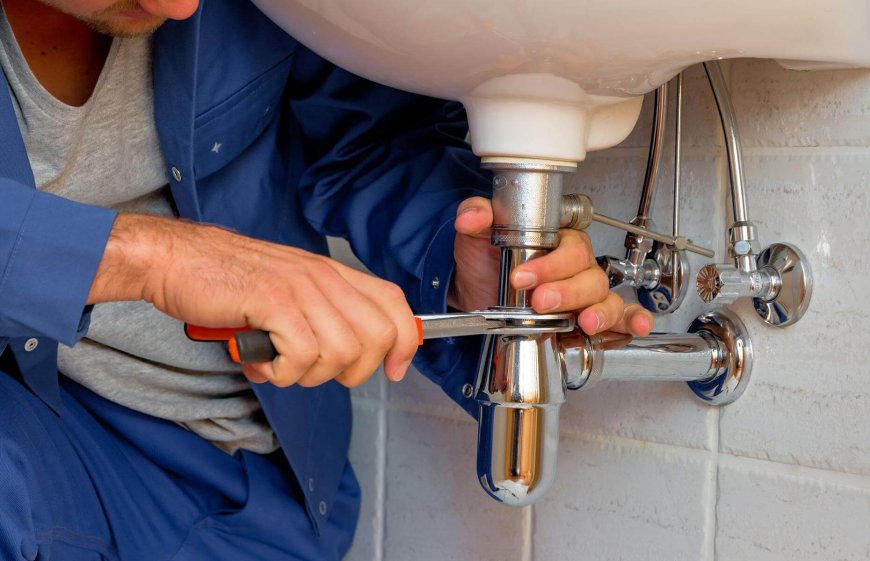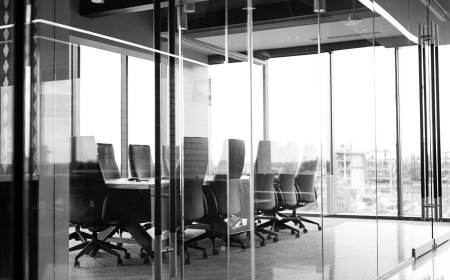Residential Plumbing Service Costs in 2025: What’s Normal

Plumbing problems come up in every homedripping faucets, clogged drains, broken toilets. But many people dont know how much a residential plumbing service should cost. In 2025, prices vary based on the job, urgency, and where you live.
A small repair like a leaking tap may cost around $100, while a water heater fix could exceed $500. Some plumbers charge by the hour, others offer fixed prices. Emergency calls usually cost more. Knowing these details helps you avoid delays and make faster decisions when something breaks.
This guide gives you a clear view of whats normal in todays market, what affects pricing, and what to expect when you hire a plumber.
Why Plumbing Prices Are Different
Some plumbing jobs are quick and easy, while others require time, tools, and more skill. Thats why prices can vary from one job to another or even from one city to another.
For example, a small repair like fixing a dripping faucet might cost around $100 to $150. But replacing a broken water heater could cost $500 or more. Why the difference? It comes down to time, labor, materials, and how urgent the job is. If you call a plumber on a weekend or late at night, the price might be higher.
Typical Costs for Plumbing Jobs in 2025
In 2025, a basic residential plumbing service usually costs between $150 and $400. That price includes the plumbers visit, basic tools, and labor. The price may stay closer to the lower end for simple tasks like unclogging a sink or replacing a toilet valve. More complex jobslike fixing a burst pipe or installing a new fixturemay cost more.
Here are some average price estimates:
- Faucet repair: $100$200
- Toilet installation: $150$300
- Drain cleaning: $150$250
- Pipe repair: $200$600
- Water heater repair: $300$700
What Affects the Final Price?
Several factors can raise or lower the total cost of a residential plumbing service. One is the time it takes to complete the job. If the plumber needs to remove tiles, open a wall, or dig outdoors, that will cost more. The type and number of tools also matter. Special equipment like cameras for pipe inspections or machines to clear tough clogs can raise the price.
Materials are another factor. If the job requires new pipes, valves, or fittings, those get added to the final bill. Most plumbers will tell you about the materials before using them, but its always good to ask early.
Lastly, timing plays a big role. If you need service in the evening, on a holiday, or in an emergency, the cost may go up. Some companies charge more for same-day or after-hours work. If the issue can wait, try booking a visit during regular business hours to save money.
Hourly Rates vs. Flat Fees
Plumbers may charge by the hour or offer flat fees. With hourly rates, you pay based on how long the job takesusually between $75 and $150 per hour. Flat fees give you one fixed price for the whole job, no matter how long it takes.
Both methods are common, but flat rates are better for small and common jobs like toilet repairs or faucet replacements. You know the price before the work begins. For bigger jobs where the time is hard to guess, hourly rates may be more common.
Its always okay to ask: Do you charge a flat rate or by the hour? This shows you care about the cost and want to understand the pricing clearly.
Whats Included in the Service?
When you schedule a residential plumbing service, the price usually covers a few standard things: travel to your home, time spent inspecting the issue, and the labor to complete the job. Most plumbers bring their own tools and include them in the price.
If special parts are needed, or if the plumber finds extra issues, those may cost more. Always ask if the estimate includes everything, or if anything might be added later. A clear breakdown helps avoid confusion.
How to Avoid Overpaying
You dont have to be an expert to protect your wallet. You just need to ask the right questions. One good tip is to get a written estimate before the job starts. This lets you see the cost ahead of time and gives you something to refer back to if theres a problem.
You can also compare prices from two or three plumbers, especially for larger repairs. Look for professionals with licenses, good reviews, and clear communication. A low price is not always a good dealsometimes it means poor-quality work or missing guarantees. Paying a fair price for quality service is always better than fixing the same issue twice.
When Should You Call a Plumber?
Many people wait too long to call a plumber. They try to fix things on their own or hope the problem will go away. But plumbing issues usually get worse, not better. If you notice low water pressure, slow drains, or a leak under the sink, its time to call for help.
Other signs to look for include a toilet that wont stop running, hot water not working, or water stains on your wall or floor. A trusted residential plumbing service can fix these problems fast and prevent damage to your home.
Does Regular Maintenance Help?
Yes, it does. Maintenance keeps your plumbing system working well and helps avoid big surprises. Many plumbers offer yearly check-ups where they look for small leaks, test your water heater, and make sure drains are flowing correctly.
Regular care can save you money by catching problems early. It also gives you peace of mind, knowing that everything is in good shape.
Conclusion: Whats Normal for Plumbing Service Costs?
In 2025, most homeowners pay between $150 and $400 for a residential plumbing service, depending on the job and timing. Before hiring, always ask for a clear estimate, check if the plumber is licensed, and confirm if parts or extra labor are included. Contacting a reliable service provider with transparent pricing and strong reviews for emergencies or regular checkups is better.
If you want dependable plumbing help without hidden charges,reach out to Zeek Plumbing. Their team offers fair pricing, timely service, and expert work you can count on. Call Zeek Plumbing today to schedule your home service.












































